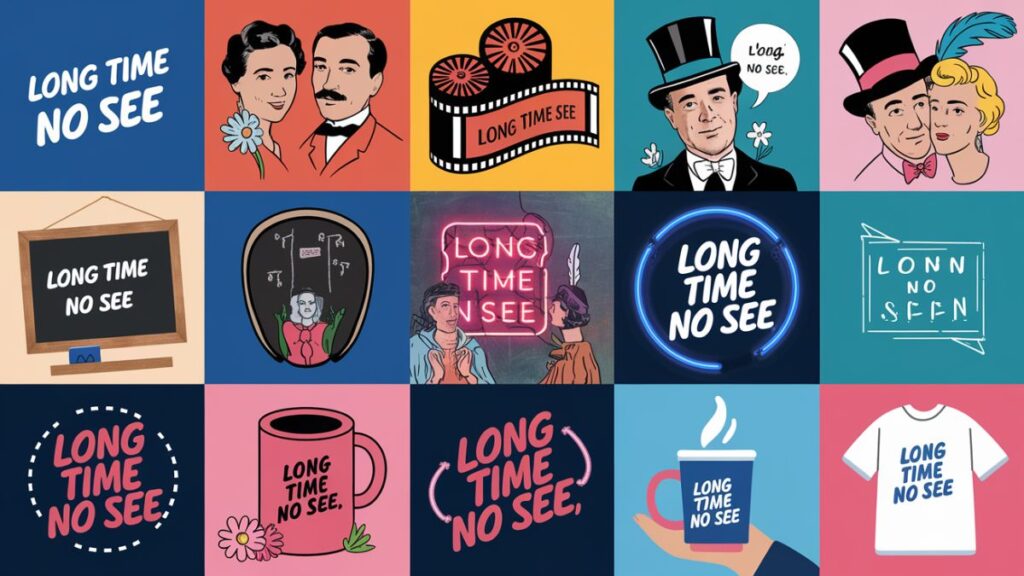Have you ever found yourself repeating the phrase “long time no see” when you run into someone you haven’t seen in ages? While it’s a classic and widely understood way to greet someone after a break in contact, using it too often can make your conversations feel a little stale. Luckily, there are 12 other ways to say “long time no see” that add variety and personality to your greetings. Each alternative brings its own unique flavor, making your interactions more engaging and memorable.
In this post, we’ll explore 12 other ways to say “long time no see”, giving you a mix of informal and formal expressions, and help you choose the right phrase depending on the situation. Whether you’re reconnecting with an old friend, catching up with a colleague, or simply enjoying the spontaneity of a random encounter, these alternatives will breathe new life into your conversations.
It’s Been Too Long
One of the most natural alternatives to “long time no see” is “It’s been too long”. This phrase expresses that you feel the absence and are excited to reconnect. It works in almost any situation, whether you’re catching up with an old friend or reconnecting with a colleague after a busy period.
By using this phrase, you can immediately convey the idea that you’re aware of the time gap and that it’s been much longer than you would have liked. It emphasizes that the period without seeing each other has stretched too far, which can help highlight the warmth of the reunion. There’s an underlying sense of relief when using this greeting, as if you’re glad the gap is finally over.
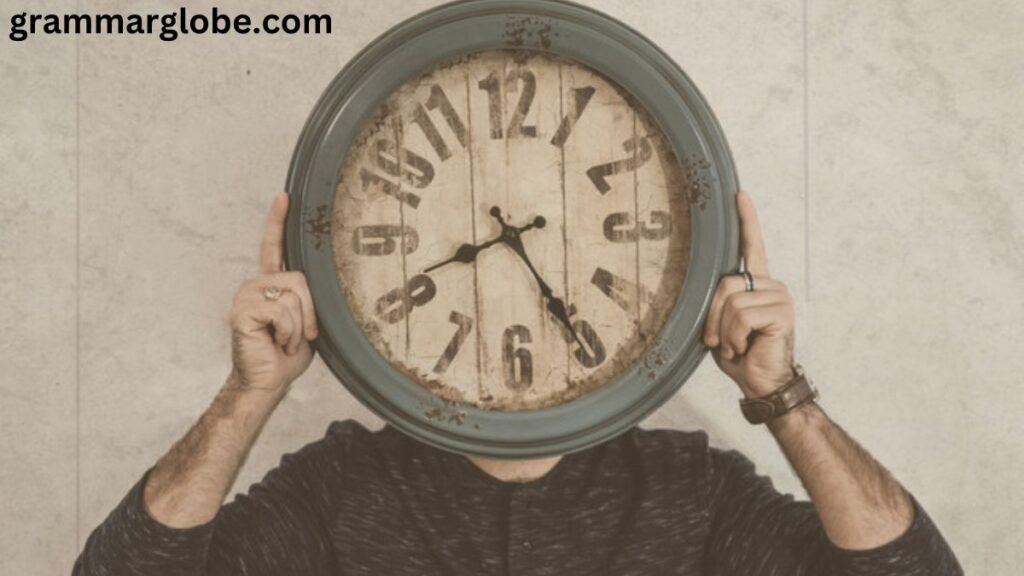
Tone and sentiment play an important role in this greeting. It’s friendly but can also feel a little sentimental, depending on your tone of voice. You can soften it with a smile and a relaxed demeanor, making it perfect for informal settings with close friends. If you say it with excitement or exaggeration, it can even be a humorous way to break the ice.
Additionally, this greeting has a nostalgic quality to it. You can use it to signal to the other person that you’ve missed the connection and are looking forward to catching up on lost time. It suggests a sense of longing and makes the other person feel appreciated, which is exactly what you want when reuniting.
Example:
- “Hey! It’s been too long. We really need to catch up soon!”
It’s Been a Minute
If you want a more casual expression to greet someone you haven’t seen in a while, “It’s been a minute” is a fantastic option. It’s not only widely used but also a bit playful, which makes it great for friends or anyone you have a relaxed rapport with.
The phrase “It’s been a minute” plays with the semantics of time, meaning that while the literal minute is not actually relevant, the idea is to express a relatively short passage of time—though still significant enough to warrant a greeting. The phrase’s informality makes it a great choice for friends, colleagues you have a laid-back relationship with, or even acquaintances in casual settings.
This expression also carries a sense of ease and lightheartedness. When you use it, you’re acknowledging that you’ve been away from each other for some time but without making it sound too serious. It’s a friendly and comfortable way to reconnect with someone without feeling too formal or distant.
One of the reasons this greeting works so well is because it provides room for the conversation to flow naturally. It doesn’t necessarily require a deep emotional response, which is often the case with other expressions. Instead, it’s a great conversation starter, setting a tone of camaraderie and fun.
Example:
- “Wow, it’s been a minute! How have you been?”
I Haven’t Seen You in Ages
For those times when you’re genuinely shocked by how long it’s been since you last saw someone, “I haven’t seen you in ages” is a perfect way to express your feelings. It communicates a sense of time passing by quickly and the impact of the gap.
This expression emphasizes that the period of time since the last meeting has felt unusually long. It conveys a greater sense of surprise than other greetings and can evoke a feeling of nostalgia. When you use it, you’re often not just acknowledging the passage of time, but also reflecting on all that’s happened since then—whether it’s life changes, milestones, or memorable experiences.
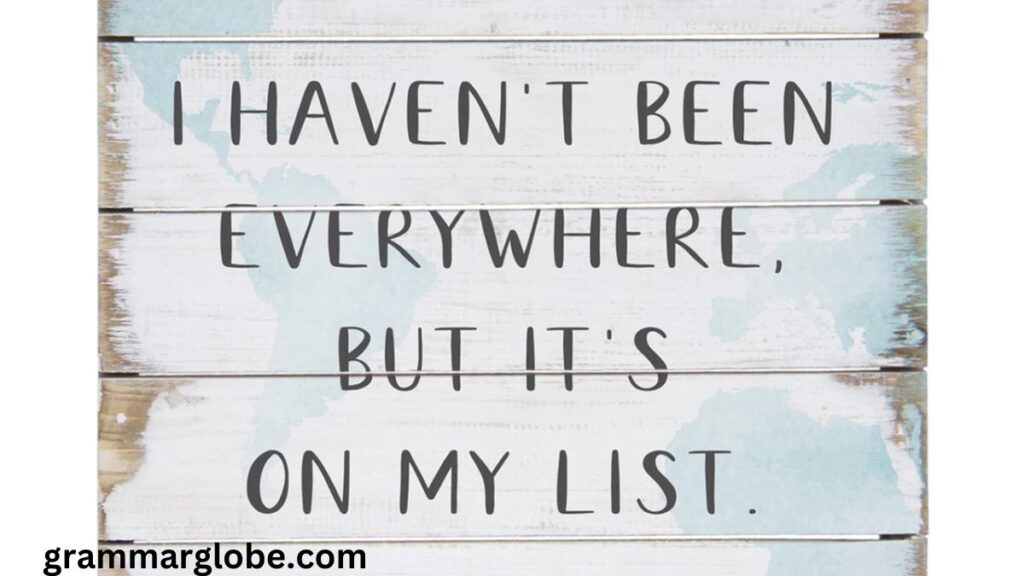
The phrase also has an air of affection about it. It’s a way of saying you’ve missed the person in a genuine, slightly dramatic way. Whether you’ve been busy with work or life in general, this greeting lets the person know that despite everything, you’ve thought about them and are glad to see them again.
If you want to make this greeting even more engaging, you could add a little humor. Playfully exaggerating how long it’s been can help ease any awkwardness in the conversation, especially if it’s been a particularly long time.
Example:
- “I haven’t seen you in ages! It’s so good to finally catch up.”
How Long’s It Been?
This phrase is often used with a touch of curiosity, making it a great conversation starter when you’re genuinely unsure about how much time has passed. “How long’s it been?” invites the other person to reflect on the time gap, which can be an interesting way to rekindle the conversation.
Using “How long’s it been?” opens up the possibility of discussing the passage of time and can even serve as an icebreaker in awkward situations. It allows the person you’re speaking with to play along and share their own perception of time, making the conversation feel more interactive and engaging.
This greeting can also be useful if you’re unsure of the exact amount of time that’s passed and want to bring it up in a nonchalant way. You can then follow it up with a question about how they’ve been or what’s new in their life, encouraging them to share updates. It helps keep the focus on them, which can be a great way to ease into a deeper conversation.
Finally, it’s a versatile greeting because it can be used in both informal and slightly more formal settings, depending on how you phrase it. You can make it playful or more serious based on the context and the person you’re addressing.
Example:
- “How long’s it been since our last coffee? Feels like forever!”
It’s Been Forever
When you feel that a really significant amount of time has passed, “It’s been forever” will convey that sentiment perfectly. It’s a strong way of saying you haven’t seen someone in a long while, with a bit of dramatic flair.
This greeting works well when you truly feel like it’s been an eternity since your last interaction. It’s not just an acknowledgment of time—it’s an emotional expression of how much you’ve missed the person. By saying “forever,” you’re emphasizing that their absence has left a noticeable gap in your life, making the reunion feel even more meaningful.
While this phrase is informal, it can also be used in a more formal context if the situation warrants it. In the case of a long-lost business colleague or a professional contact, saying “It’s been forever” could add an extra layer of enthusiasm and warmth to your interaction.
\What makes this phrase particularly special is that it invites the other person to react emotionally as well. When they hear it, they’re likely to share similar feelings about the passage of time, opening up the conversation to mutual exchanges about life since your last meeting.
Example:
- “It’s been forever! I’m so glad we finally crossed paths again.”
It’s Been Ages
Similar to “It’s been forever,” “It’s been ages” expresses the same idea of a long time passing but with a slightly less dramatic tone. It’s still a great phrase to use when you’re excited to reconnect, but without the added intensity of the word “forever.”
Using “ages” in this context suggests a period of time that feels long, but doesn’t carry the emotional weight of “forever.” It strikes a good balance between feeling like a long time and still leaving room for casual conversation. This greeting works well in both personal and professional contexts, especially if you want to sound friendly without overdoing it.
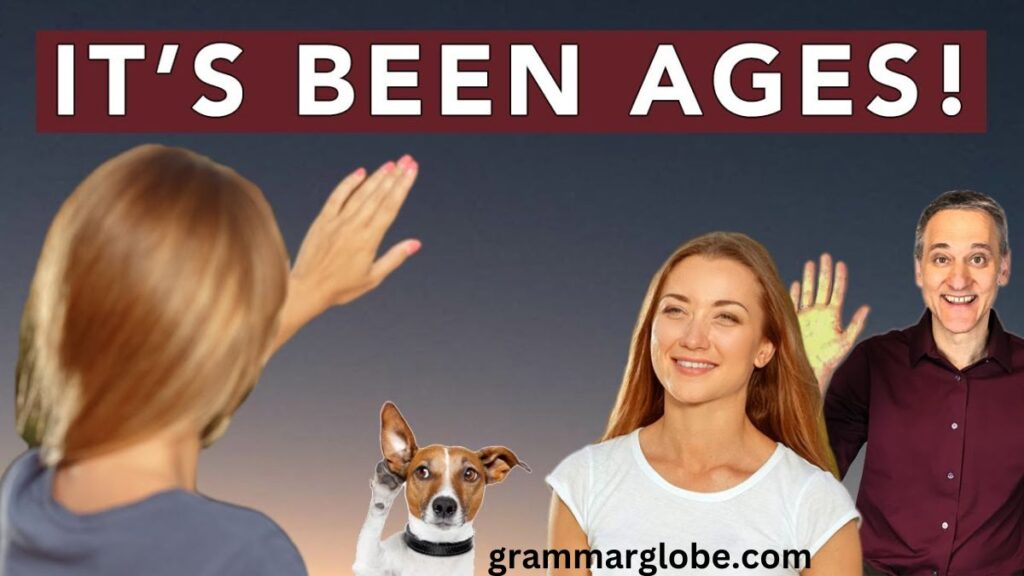
One of the benefits of using “It’s been ages” is that it works for various levels of familiarity. Whether you’re reconnecting with a best friend or a distant colleague, it maintains a comfortable tone. The phrase is casual enough to work in informal situations while still polite enough for professional settings.
Finally, “ages” in this phrase is a flexible word choice, meaning it can be used in a variety of contexts to convey a sense of time passing. Whether you’re referring to months or just a few weeks, it can effectively capture the feeling of having been apart for too long.
Example:
- “It’s been ages! I’ve missed our chats.”
Long Time, No See
The classic and trusted phrase “Long time, no see” is still a solid go-to for many situations. It’s simple, clear, and widely understood across different social interactions. While it may be used often, it never fails to deliver.
Even though it’s a widely used phrase, “long time, no see” still has a charm about it because of its simplicity. It’s straightforward and easy to understand, making it perfect for those moments when you don’t need to overthink your greeting. Sometimes, the classics work best.
This phrase also has a sense of mutual recognition. Both parties know exactly what it means, which makes it easy to use without having to explain yourself. It’s a great way to acknowledge the time gap without diving into too much detail or unnecessary explanation.
Whether you’re meeting a friend at a café or running into an old colleague at a conference, “long time, no see” remains a warm and friendly way to greet someone after a long absence.
Example:
- “Long time, no see! How’s everything going?”
Been Missing You
For a more heartfelt greeting, “Been missing you” adds a personal touch to your greeting. It shows that you’ve thought about the person during the time apart and are eager to reconnect.
This greeting can work wonders in reconnecting emotionally with someone you haven’t seen for a while. It conveys a deeper level of emotion than other greetings, and the sincerity of the words can create a more meaningful bond between the speaker and the listener.
Emotional Connection is at the heart of this phrase. It shows vulnerability and reinforces that the person you’re speaking with means something to you. It’s not just about time; it’s about the relationship you’ve built and the genuine feelings behind the reunion.
If you’re looking to rekindle a friendship or rebuild an emotional connection, “Been missing you” is a fantastic expression. It naturally leads to an engaging conversation about how much you’ve missed each other and the things you’ve both experienced since your last interaction.
Example:
- “Been missing you! We definitely need to get together soon.”
Feels Like Ages
Sometimes, the time gap just feels longer than it really is. “Feels like ages” is a great way to express that sensation, especially if the person you’re speaking with hasn’t changed much, making the gap feel even longer.
In this case, “ages” isn’t referring to a literal time period but is used subjectively to express the emotional weight of the passage of time. It’s a great phrase to use when the time apart has felt substantial, and you want to acknowledge that feeling in a light and friendly way.
The phrase allows for a personal touch and can add humor to the situation. If you’re reconnecting with someone you know well, it’s an easy way to convey the idea that you’re happy to see them after what seems like an eternity.
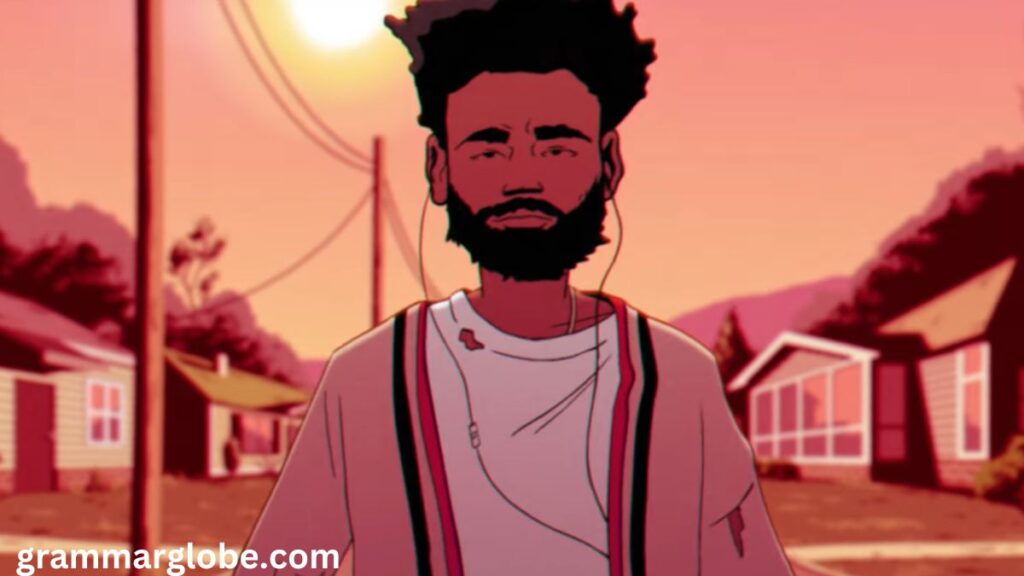
This greeting also naturally leads into a conversation about what each of you has been up to since the last time you met, making it a perfect segue for catching up.
Example:
- “Feels like ages since we last met! What have you been up to?”
Been a While
When you want to keep it simple yet convey that it’s been some time since you last saw the person, “Been a while” works perfectly. It’s short, sweet, and to the point, making it an ideal phrase for both professional settings and casual meetings.
This expression works for any situation where you don’t want to be overly dramatic about the time that has passed. It’s neutral and friendly, which makes it perfect for informal conversations without being too personal.
The phrase also makes for a smooth conversation starter. After greeting someone with “Been a while,” it’s easy to segue into small talk about what’s happened during that time apart, making the conversation feel effortless.
Additionally, “Been a while” is a phrase that anyone can use, regardless of how long the time gap actually is. It’s flexible, adaptable, and works in a wide range of contexts.
Example:
- “Hey, been a while! How have you been?”
What a Pleasant Surprise!
Running into someone you haven’t seen in a while can be a delightful surprise, and “What a pleasant surprise!” perfectly captures that sense of joy and excitement. This phrase expresses genuine happiness when unexpectedly meeting someone, making it an excellent alternative to the classic “long time no see.” It’s not just a greeting; it’s a way to show the other person that their presence has brightened your day.
This phrase works well in both informal and semi-formal settings. For example, you can use it when meeting an old friend, a colleague you haven’t bumped into for a while, or even a relative you haven’t seen in months. The expression reflects the spontaneity of the encounter, acknowledging that the meeting wasn’t planned, yet it brings about positive emotions. The sentiment is sincere and warm, and it sets the tone for a friendly interaction.
Another advantage of this phrase is its ability to convey enthusiasm without being overly dramatic. While phrases like “It’s been forever” may seem like an exaggerated statement, “What a pleasant surprise!” feels lighter and more cheerful. It’s the type of expression that invites the other person to share their excitement as well, making it easier to dive into a pleasant conversation.
This phrase can also serve as a way to express gratitude for the meeting. It subtly suggests that the encounter has been a positive moment, and that you’re glad it happened. Instead of focusing on the gap of time between meetings, it redirects attention to the joy of reconnecting. For instance, if you unexpectedly meet someone on the street, saying “What a pleasant surprise!” can make the conversation feel more spontaneous and enjoyable.
Example:
- “Wow, what a pleasant surprise running into you here! I didn’t expect to see you today!”
Wow, It’s Been a Minute!
For a casual yet expressive way to acknowledge the passage of time, “Wow, it’s been a minute!” is a fantastic alternative to the classic “long time no see.” This phrase captures the feeling of time slipping away without sounding too formal or too dramatic. The use of “minute” is a playful exaggeration, suggesting that although it may not have been an actual minute, it sure feels like it’s been a while.
The charm of “Wow, it’s been a minute!” lies in its informal tone. It’s perfect for reconnecting with friends, acquaintances, or even colleagues in less formal settings. This phrase gives off a friendly vibe while still acknowledging the time gap. It’s especially effective when you want to keep the mood fun and breezy without getting too sentimental.
In addition to its conversational tone, this phrase can also serve as a subtle way to compliment the other person. By saying “Wow,” you’re not just referring to the passage of time, but also expressing genuine surprise at how quickly time has passed since your last meeting. It highlights the fact that life has moved on in the meantime, but seeing them again brings a refreshing sense of connection.
“Wow, it’s been a minute!” has a conversational and engaging quality. It opens up room for the other person to reciprocate the sentiment and share their perspective on the time that’s passed. It leads to discussions about what’s happened in each other’s lives during that gap, creating a flow for catching up and reminiscing.
Example
- “Wow, it’s been a minute! I can’t believe how much has changed since we last met!”
Conclusion
No matter how much time has passed since you last saw someone, there’s always a perfect way to greet them. The next time you’re reunited with an old friend, coworker, or acquaintance, try one of these 12 other ways to say “long time no see”. Not only will you sound more engaging and enthusiastic, but you’ll also keep your conversations fresh and exciting.
By varying your greetings, you show genuine interest in your relationships and can elevate the quality of your social interactions. So, which phrase will you use next time you see someone after a long break?

Jenni Maic is a creative wordsmith at Grammar Globe, where she brings humor and wit to the world of puns and English grammar. With a passion for playful language and a knack for simplifying grammar, Jenni’s articles make learning engaging and entertaining. Discover her work at https://grammarglobe.com/.

